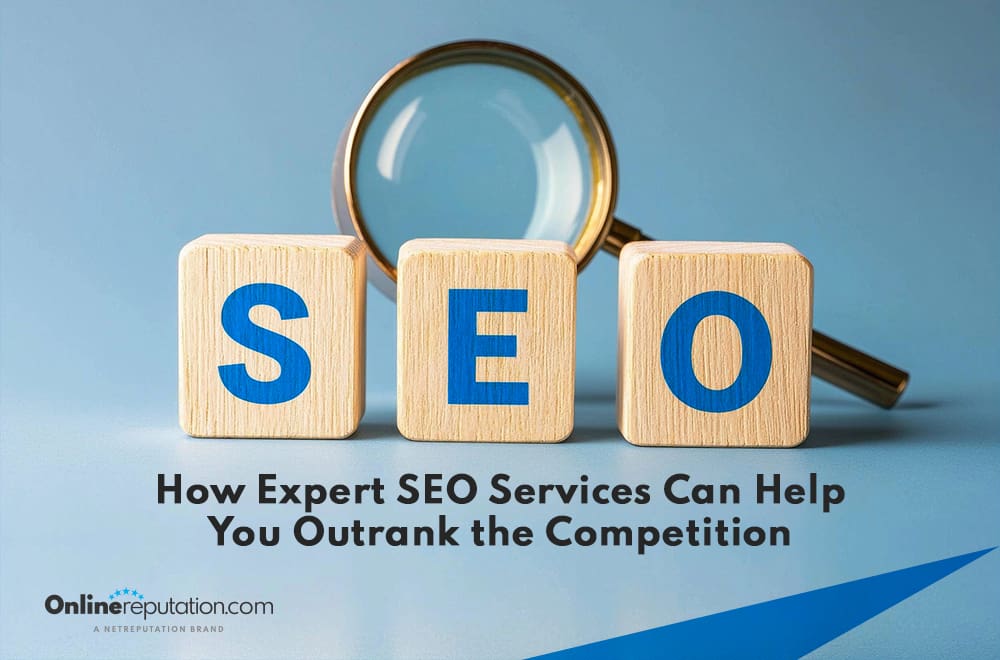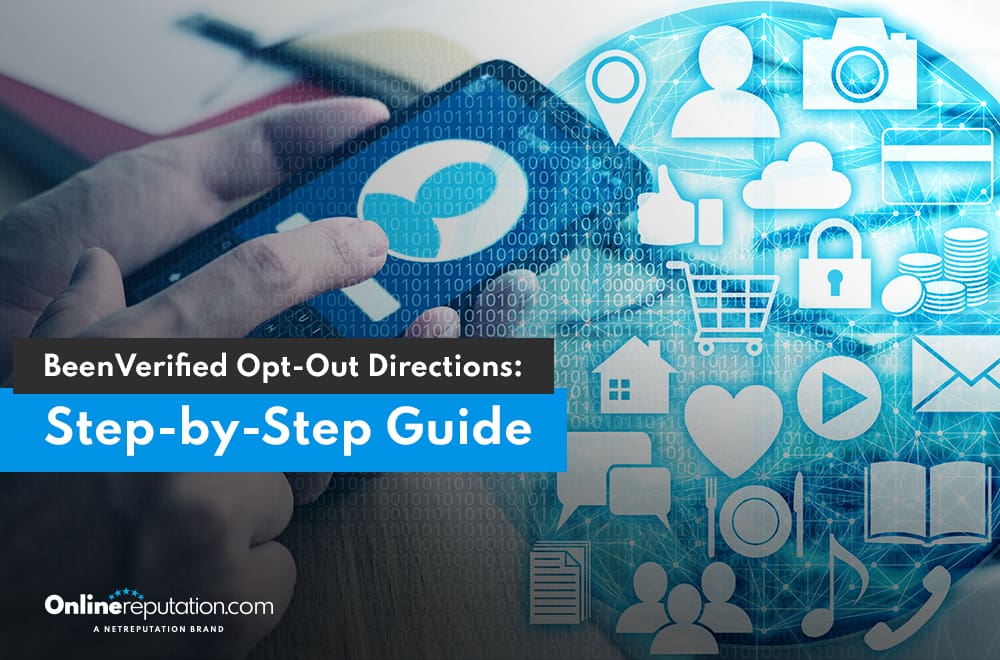
To succeed online, understanding Search Engine Optimization (SEO) is key for any business. This article explores the core elements of SEO, including Google rankings, page speed, keyword optimization, content strategy, and backlinks. Each plays a critical role in boosting online visibility. With expert SEO services, businesses can gain a competitive edge, grow, and stand out in a crowded market.
What Is SEO?
Search Engine Optimization (SEO) is the strategy used to improve a website’s visibility and ranking in search engine results. This process includes keyword research, content creation, and technical SEO improvements, all aimed at driving organic traffic and enhancing Google rankings. Effective SEO also focuses on user experience and building domain authority through high-quality content and valuable backlinks. To achieve the best results, SEO strategies must align with Google’s algorithms, PageSpeed Insights, and Core Web Vitals.
Why Is SEO Important for Your Business?
SEO is crucial for increasing a business’s visibility, driving traffic, and boosting its online presence. A solid SEO strategy helps businesses stand out, build trust, and enhance credibility. A well-optimized website provides a better user experience, higher conversion rates, and more customer feedback. By implementing best practices, businesses can rank higher on search engine results pages (SERPs), attract the right audience, and drive growth through better engagement and customer loyalty.
Key benefits of effective SEO include:
- Increased visibility to potential customers
- Enhanced user engagement through a better experience
- Gaining a competitive edge with digital PR and AI SEO tools
What Are the Key Factors in SEO?
- Keywords: Keywords are the foundation of SEO, representing the search terms people use online. Effective keyword research helps identify short and long-tail keywords that match user intent and have manageable competition. Short-tail keywords have high search volume but are often highly competitive, while long-tail keywords attract less traffic but lead to higher conversions. By balancing both types, businesses can target a broader audience while addressing specific needs, improving organic search visibility, and driving relevant traffic.
- Content: High-quality content is essential for SEO as it provides value, engages readers, and meets search engine ranking requirements. The content should be relevant, informative, and easy to read, ensuring it aligns with user intent. By addressing users’ needs and incorporating the right keywords, businesses can improve user experience and increase the likelihood of ranking higher on search engine results pages. Well-crafted content not only attracts traffic but also converts visitors into loyal customers.
- Backlinks: Backlinks are vital for building domain authority and boosting SEO performance. Quality backlinks from reputable websites signal to Google that your content is valuable and trustworthy. To earn high-quality backlinks, businesses should create engaging, shareable content, network with industry influencers, and contribute guest posts to relevant blogs. Acquiring quality backlinks enhances search engine rankings and strengthens online credibility, helping businesses maintain visibility and improve organic traffic.
How Can Expert SEO Services, Such as Local Content and Location Pages, Help You Outrank the Competition?
1. Conducting Comprehensive Keyword Research
Keyword research is key to finding terms that balance search volume and competition. Tools like competitor analysis and keyword tracking help businesses identify the right keywords. By understanding search intent and using these strategies, businesses can increase their visibility and attract more organic traffic.
2. Creating High-Quality and Relevant Content
High-quality content is vital for engaging users and improving SEO. By understanding their audience’s needs and integrating the right keywords, businesses can create content that resonates. Using various formats like articles, videos, and infographics helps reach a wider audience and boost engagement.
3. Building Quality Backlinks
Backlinks from trusted websites are essential for improving credibility and SEO performance. Methods like guest blogging, networking, and using HARO (Help a Reporter Out) can help businesses earn high-quality backlinks. Focusing on quality over quantity improves rankings and boosts organic traffic.
4. Optimizing Website for Technical SEO
Technical SEO ensures a website is optimized for search engine crawling and indexing. Key elements like improving page speed, mobile-friendliness, and sitemap management can help improve search rankings. Addressing these factors enhances user experience and lays the foundation for better visibility.
5. Utilizing Local SEO Strategies
Local SEO is important for businesses targeting a specific geographic area. Optimizing Google My Business listings, ensuring consistent NAP (Name, Address, Phone) information, and creating location-specific content help businesses improve local search rankings. Mobile optimization and customer feedback also play a crucial role in enhancing visibility and driving foot traffic.
6. Monitoring and Adjusting SEO Strategy
To maintain and improve SEO performance, businesses must monitor and adjust strategies using tools like Google Analytics, SEMrush, and Ahrefs. These tools help track performance metrics and provide insights into content effectiveness. A/B testing also helps refine strategies, ensuring ongoing growth and improved search visibility.
What Are the Benefits of Hiring Expert SEO Services?
Saves Time and Resources
Businesses save valuable time and resources by outsourcing SEO tasks like keyword research, content optimization, and link building to experts. This allows them to focus on core operations while improving their online presence and search visibility.
1. Access to Expertise and Latest Trends
SEO professionals keep businesses ahead by staying on top of the latest trends and algorithm changes. Their continuous learning and industry engagement ensure businesses always use the most effective strategies to improve search rankings and maintain a competitive edge.
2. Improved Website Performance, User Experience, and Google Ranking
SEO experts focus on optimizing key metrics like site speed and interactivity to enhance both user experience and search rankings. Improving these elements helps reduce bounce rates, boost engagement, and increase conversion rates.
3. Higher Search Engine Rankings, Increased Website Traffic, and Better B2B Marketing
A strong SEO strategy leads to higher rankings and more organic traffic. By optimizing content, keywords, and user experience, businesses improve their online visibility and attract the right audience, resulting in better engagement and customer retention.
4. Better ROI and Business Growth
Investing in expert SEO services helps drive higher ROI and supports long-term business growth. With better organic traffic and higher conversion rates, businesses experience increased profitability and brand trust, leading to loyal customers recommending their products or services.
You might also like
The Types of Propaganda That Can Harm Your Online Reputation
To succeed online, understanding Search Engine Optimization (SEO) is key for any business. This article explores the core elements of …
